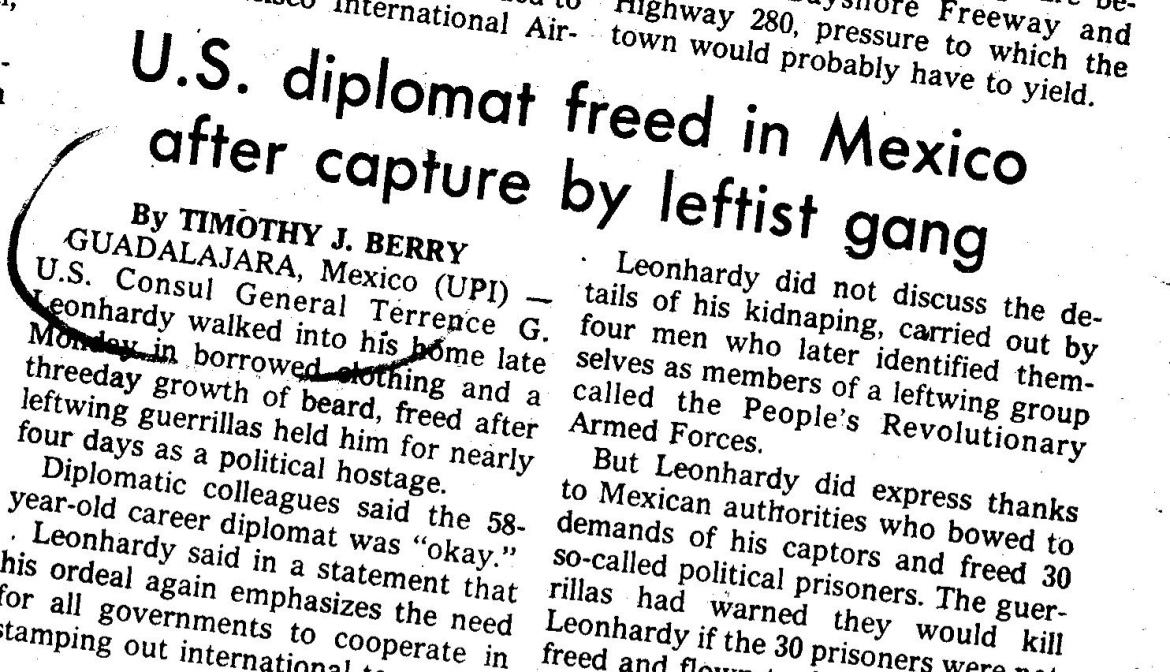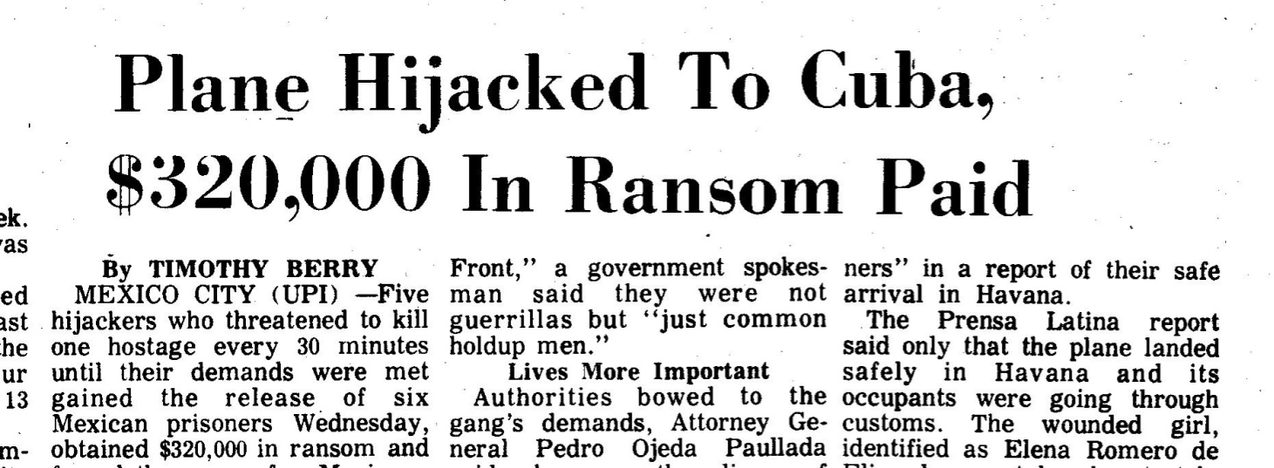Back in the late sixties, when I was a hippie and hippies were everywhere, there was this thing called “selling out.” The whole hippie culture opposed the “military-industrial establishment.” We were supposed to “turn on and tune out.” Employers were “the man” and getting a job was “selling out.” Particularly, getting a job in the establishment, as in for a corporation, or the government, or a successful corporate law firm … that was selling out. And it was a bad thing.
I lived that ethic. Other stories here talk about me leaving home and going to the Haight Ashbury to be a hippie. I protested the war in Vietnam, protested pollution, protested Richard Nixon and LBJ. Even after I met Vange and married, I was going to be a poet, or maybe a literature professor. and never “sell out.” I veered to Journalism (another story here: “1971: Becoming a Foreign Correspondent” ) and that was not selling out at all. I was going to tell the truth. Fight the military industrial establishment with the truth. I believed that down to my bones.
Sure, I have to admit, the Journalism I got into was steeped in journalistic ethics. I lapped that up in my studies for a master’s degree. I truly believed, also down to my bones, in the value of telling the truth, reporting accurately, separating reporting from opinion. So too, back in the 1970s, all my professional colleagues. We believed in the mission. Journalism, in fact, easily overrode the idea of representing some sort of hippie values. Journalism was ethical to the core.


In October of 1974 I was offered a combination of a fulltime job with Business International (which no longer exists) and an exclusive stringer/freelance relationship with McGraw-Hill World News, which published Business Week and several dozen other business magazines. That was clearly selling out. I felt it, I regretted it, but I also did it. I rode journalism into business writing and out of general news reporting. Which was, by any and all of my closely-held hippie values, selling out. I was going to be writing for Business Week and the like, definitely the military-industrial establishment.
I’d been mainstream journalist from June of 1971 through October of 1974. I covered hurricanes, kidnappings, volcanic eruptions, politics, leftist guerrillas, tourism, whatever the world wanted to know about from Mexico. But that changed.
Why? Family plus some growing up. Going from UPI to business writing doubled my monthly earnings. And we needed the money. By 1974 we had Laura and Sabrina. I sold out the same month Sabrina turned one year old. We had a fifth floor walkup apartment and an old VW, the same one I bought in Munich in 1968. I wanted the luxury of having a car that would start when I turned the key, more time on weekends with my family, a better apartment, and money to spend on the family. Selling out was part of it and I didn’t deny it (actually there was no oppportunity to not deny it except to myself; nobody else cared. Nobody else in that world even understood the issue.
So I sold out. And, as it turned out, took a step towards who I was supposed to be. Business writing led to wanting to actually do business, not just write about it. And that led to my Stanford MBA and from there to Palo Alto Software.
I have always carried a bit of baggage about it, selling out, as kind of a rueful pool of memory of how idealistic I once was. I don’t regret it for even a second. Building Palo Alto Software was huge and way more ethical than hanging around without having sold out, writing poetry nobody was going to read; or, for that matter, staying in Journalism, filling the spaced between the ads. I did business plan software that empowered millions to take steps towards building and owning their own businesses. Literally, millions. We sold it at fair prices. Palo Alto Software has employed hundreds of people through the years, given some great jobs and benefits to me and my people, and helped us all. Palo Alto Software employees have, in the meantime, had lives, bought houses, helped the local economy. I thank God I sold out.
